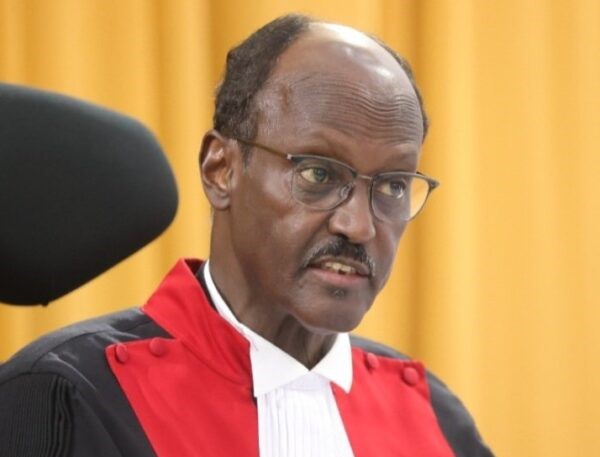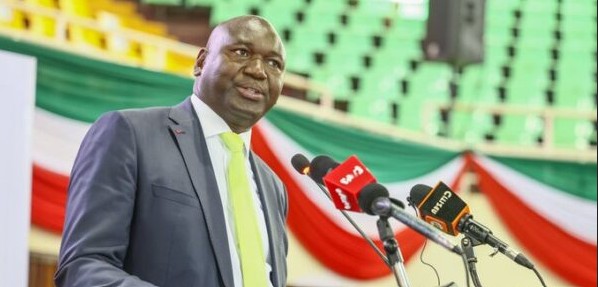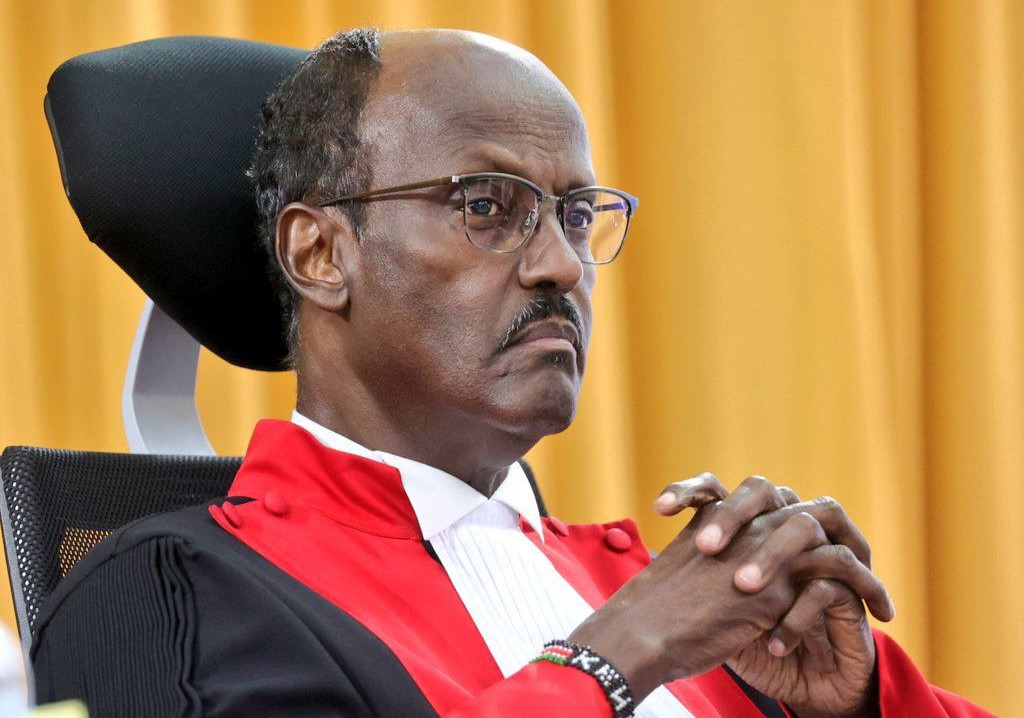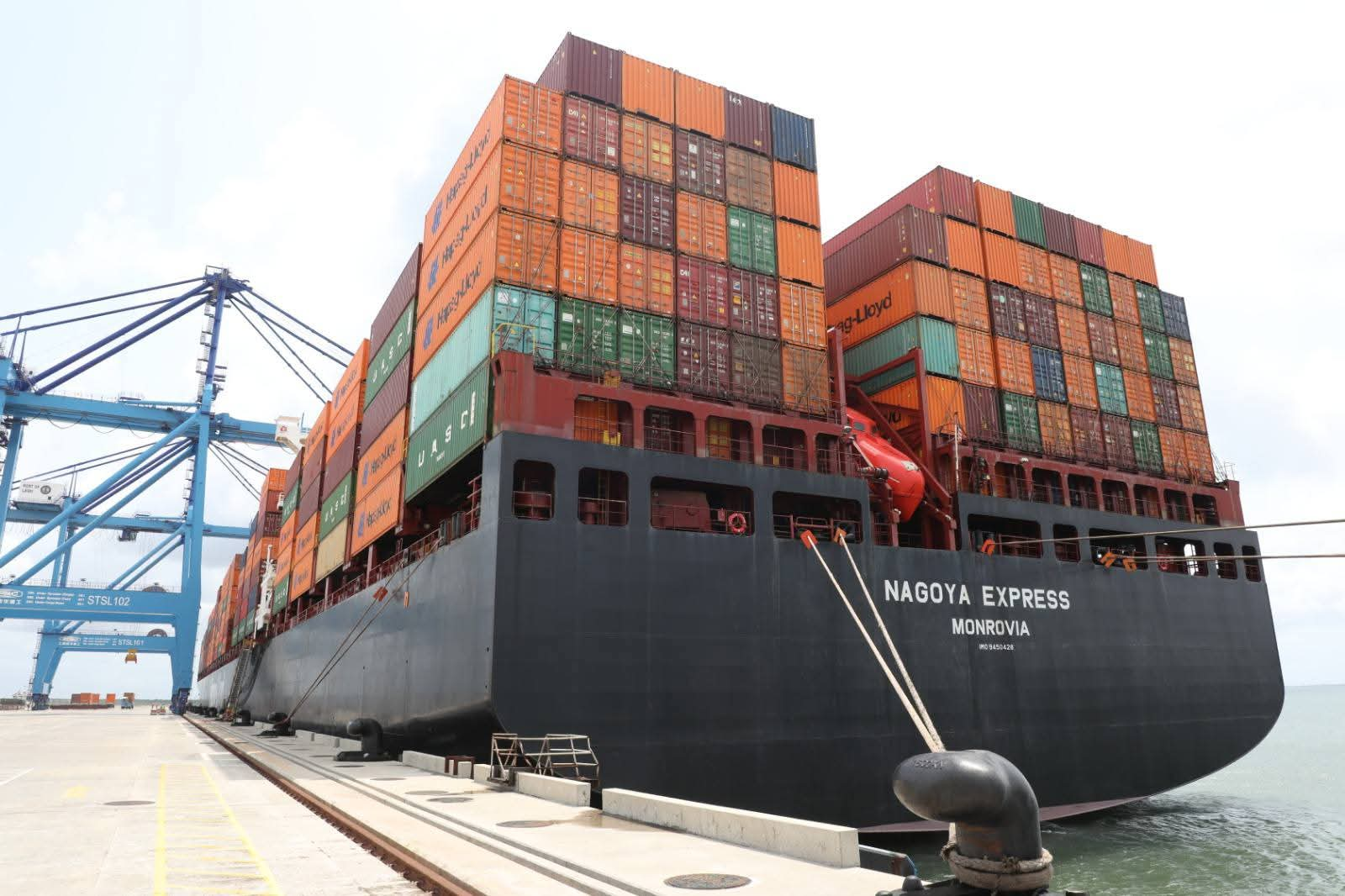Energy costs to rise by 25% in a decade but prices to drop by 2050 on green transition
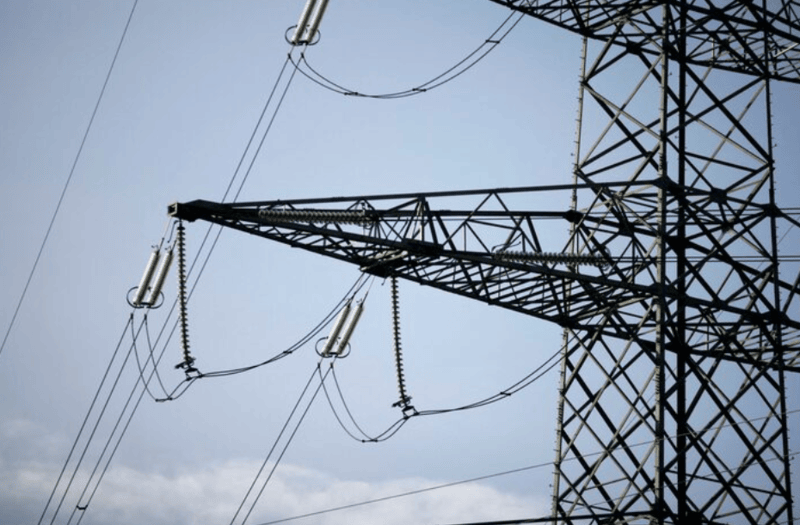
This is according to the International Energy Agency’s (IEA) World Energy Outlook special report, which highlights that, over the coming decade, energy costs will be higher under the Net Zero Emissions (NZE) scenario than under the Stated Policies Scenario (STEPS).
Energy costs are projected to rise by 25 per cent in developing nations over the next 10 years if these countries pursue their green energy transition goals.
However, energy prices are expected to decline by 20 per cent by 2050, driven by a committed and complete transition to green energy.
More To Read
- Domestic capital gains momentum as sub-Saharan Africa accelerates energy transition financing
- Africa’s energy mix brightens: Renewables, clean cooking access set to rise by 2035
- Ruto admits Kenya is rationing electricity, says at least Sh1.2 trillion needed to boost capacity
- Why countries struggle to ditch fossil fuels despite rising costs, decades of climate deals
- Renewable power capacity to double by 2030 - IEA
- Africa lags in green jobs boom, holds just 2 per cent of the global sum
This is in comparison to a scenario in which nations maintain their current policies and actions without making any adjustments toward the transition goals.
This is according to the International Energy Agency’s (IEA) World Energy Outlook special report, which highlights that, over the coming decade, energy costs will be higher under the Net Zero Emissions (NZE) scenario than under the Stated Policies Scenario (STEPS).
The IEA's NZE and STEPS are two distinct climate change scenarios that differ in their assumptions and outcomes.
The NZE scenario assumes that countries will achieve net zero emissions by 2050 without relying on emission reductions outside the energy sector. It is considered more ambitious than other IEA scenarios and is compatible with the Paris Agreement. The scenario further assumes that countries will capture 3.5 gigatonnes of carbon emissions from fossil fuels by 2050.
In contrast, the STEPS scenario assumes that countries will continue to implement their current policies and actions without making any significant changes. It is regarded as a "business as usual" scenario and is not aligned with the Paris Agreement’s goal of limiting global warming to 1.5°C above pre-industrial levels. Under the STEPS scenario, global warming is projected to rise to 2.6°C by 2050.
The IEA emphasises the long-term benefits of transitioning to sustainable energy sources, despite the initial costs involved, stressing the urgent need for nations, particularly developing ones, to prioritise the green energy transition.
It suggests that developing countries should phase out energy subsidies, which currently contribute to higher energy costs and unsustainable consumption patterns. While this shift may pose short-term challenges, the IEA argues it will ultimately make energy more affordable and accessible to a wider population.
The agency also warns that the cost of maintaining current energy systems, which rely heavily on fossil fuels, will steadily increase as global energy demand continues to grow.
The green transition, though initially expensive, is seen as a vital strategy to ensure future energy security and sustainability, offering not only environmental benefits but also economic advantages, the report states.
Top Stories Today



